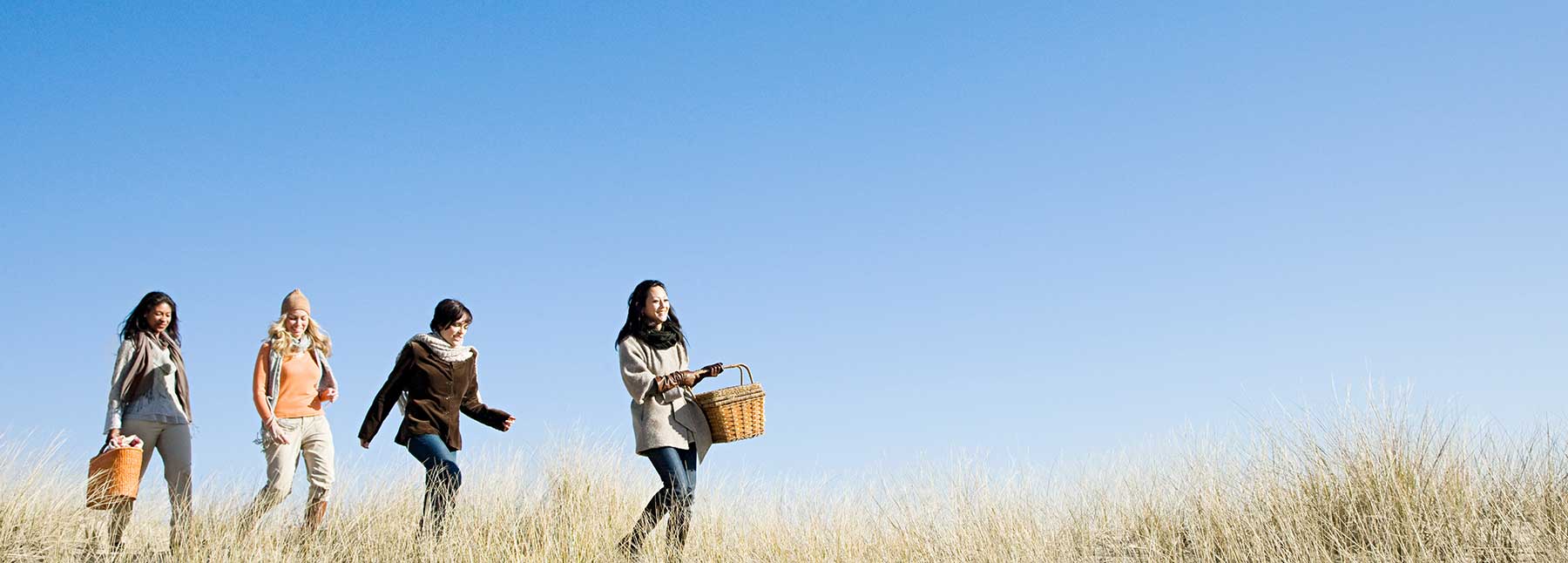With more and more places opening up again following the lockdown precautions, many people will be breathing a sigh of relief as they are now able to travel further, meet friends, reconnect with family and colleagues and enjoy outlets opening for business. For many of us however, this return to “normal” may evoke feelings of concern, anxiety, worry, stress and uncertainty.
In order to gauge how individuals were feeling during the lockdown process, the Wrkit and Allianz Partner’s Global Working From Home (WFH) Survey gathered feedback from members WFH all across the globe. The results of this survey provided valuable insights into how people were coping during this time, allowing us to prepare for the next stage of this pandemic: reopening.
A significant result of the survey was that while WFH, people were indeed making an effort to stay connected with friends and family; highlighting how we are inherently social beings even when we were being forced to stay apart. We found creative ways, and with the help of modern technology, we stayed social throughout the pandemic.
So while we may have some personal fears relating to being social again, which is a completely normal reaction to emerging out of the pandemic, it is important to keep in mind how natural we are at wanting to be social, and there are many techniques that can help us find our feet socially again in this busy interactive world.



